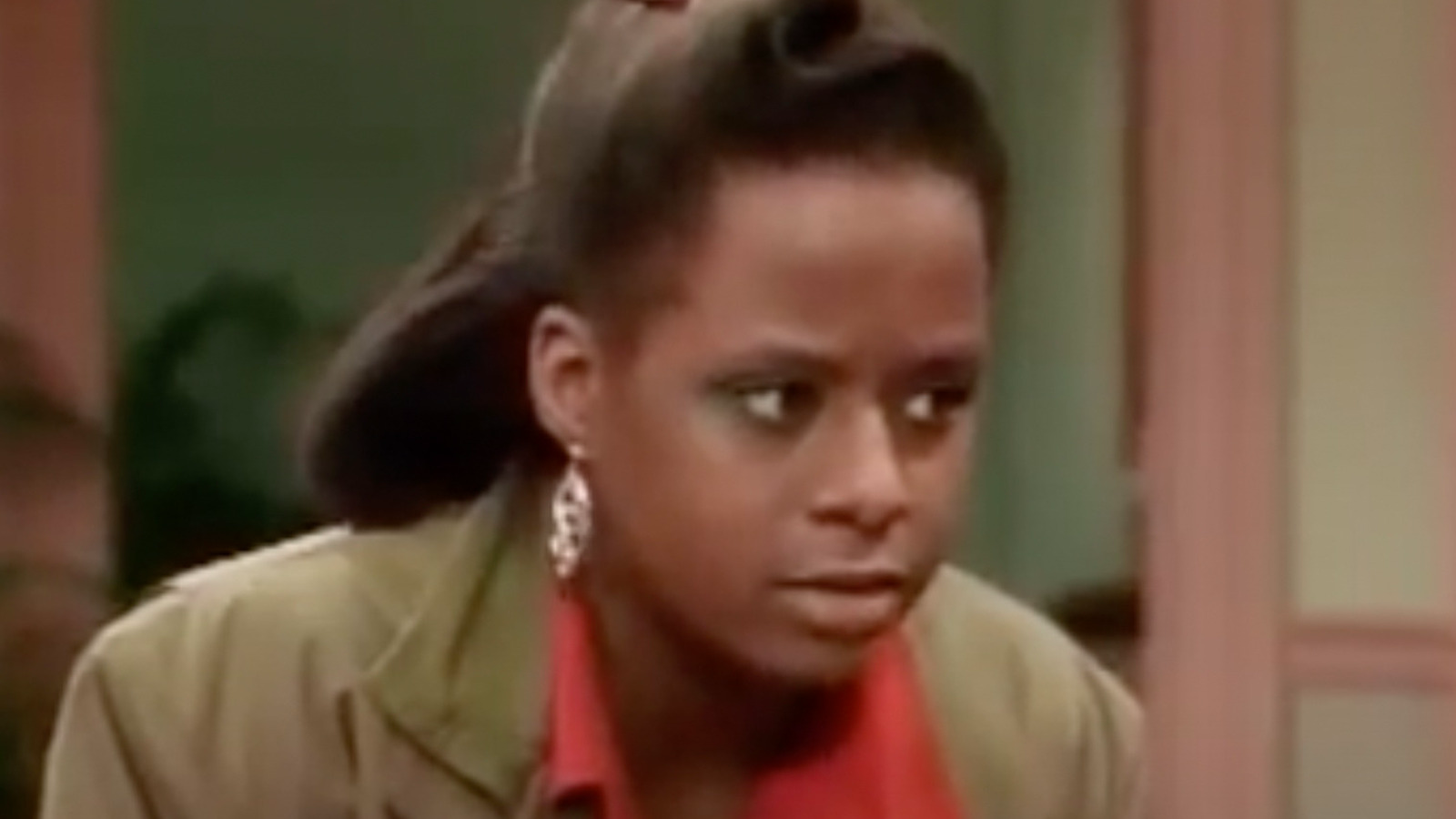
When The Cosby Show first aired in 1984, it did more than just entertain—it revolutionized the sitcom genre and redefined what a family sitcom could be. For a generation of viewers, it became more than just a weekly TV show; it was a cultural touchstone that redefined the way families were depicted on television. It wasn’t just about laughs—it was about values, identity, and the complexities of family life. In this article, we’ll explore how The Cosby Show reshaped the family sitcom and why its influence is still felt today.
1. An Affluent African-American Family in Prime Time
Before The Cosby Show, African-American families were rarely portrayed in a positive light on prime-time television. When black families did appear on TV, they were often shown as poor or struggling. The Cosby Show broke that mold by presenting the Huxtables as a wealthy, educated, and loving family. Dr. Cliff Huxtable (Bill Cosby) was a successful doctor, and his wife, Clair (Phylicia Rashad), was a lawyer. Together, they created a powerful image of a black family that was not only successful but also relatable, grounded, and full of warmth.
This positive representation was groundbreaking at the time and showed viewers that African-American families, like any other, could be portrayed as successful, loving, and functional. The Huxtables set a new standard for how black families should be depicted on television, creating a sense of pride for African-American viewers and offering an inspiring model of black excellence for everyone.
2. Realistic Family Dynamics and Complex Characters
Unlike many of the cookie-cutter sitcoms of the 80s, The Cosby Show portrayed its characters in a more nuanced, realistic light. Cliff and Clair Huxtable weren’t just perfect parents—they had flaws, made mistakes, and worked through challenges like any real family. Their children—Denise (Lisa Bonet), Theo (Malcolm-Jamal Warner), Vanessa (Tempestt Bledsoe), and Rudy (Keshia Knight Pulliam)—were also written as three-dimensional characters with their own individual struggles and development.
The show tackled real issues, such as the challenges of parenting, the pressure of academic achievement, and the conflict between tradition and personal growth. For example, Theo’s struggle with dyslexia was handled with sensitivity, making it a focal point of several episodes. The show didn’t shy away from showing the complexity of family relationships, which made it relatable to viewers from all walks of life.
3. Laughter with Meaning: Blending Humor with Important Life Lessons
What set The Cosby Show apart from other sitcoms was its ability to blend humor with important life lessons. Many episodes featured Cliff imparting wisdom in the form of gentle yet firm life lessons, often using humor to make serious points. Whether he was teaching Theo about responsibility, giving Denise advice about relationships, or simply helping Rudy navigate childhood, Cliff’s comedic yet wise approach to parenting resonated with viewers.
The show was more than just a source of laughs—it also provided a moral compass for audiences, helping them navigate topics like friendship, family, education, and personal responsibility. The messages were subtle yet impactful, and it was clear that the Huxtable family valued love, respect, and understanding above all else.
4. The Show Was a Family Affair—Literally
A key element of The Cosby Show’s charm was its focus on family—not just in the storylines but also behind the scenes. Bill Cosby, who not only starred in the show but also served as an executive producer, made sure that the Huxtable family’s values mirrored those of his own. He worked closely with the cast to create authentic and relatable characters, and the show’s familial atmosphere extended beyond the cameras.
The cast, too, shared a unique bond. The actors who played the Huxtable children, like Malcolm-Jamal Warner (Theo) and Tempestt Bledsoe (Vanessa), grew up together on set, which added a sense of authenticity to their performances. The camaraderie between the cast members translated to their on-screen chemistry, making the Huxtable family feel like a real family to viewers.
5. Changing the Role of the Father Figure on TV
One of the most groundbreaking aspects of The Cosby Show was its portrayal of Cliff Huxtable as a strong, supportive, and loving father figure. Prior to The Cosby Show, many sitcom dads were depicted as bumbling, clueless, or disengaged from family matters. Cliff Huxtable, however, was an active participant in his children’s lives—he was involved in their education, their personal growth, and their emotional development. He wasn’t afraid to express his love for his children, and he was always there to provide wisdom and guidance when needed.
This positive portrayal of fatherhood was revolutionary for its time. Cliff was an involved, caring, and emotionally available father who was both humorous and serious when it mattered. His character became an iconic representation of what it means to be a good father, changing the way TV fathers were viewed for years to come.
6. The Show’s Cultural Impact: A Lasting Legacy
The Cosby Show didn’t just entertain—it changed the cultural landscape. It showed the world that African-American families could be portrayed in a positive, complex, and realistic light. It also challenged the traditional notions of family life and redefined what a “typical” family could look like on television.
The show’s success led to a new wave of TV shows featuring African-American families, including A Different World, Family Matters, and The Fresh Prince of Bel-Air. It also paved the way for future television characters who embodied diversity, complexity, and relatability. The Huxtables showed audiences that families, no matter their background, can share universal values, and that laughter and love are the foundation of any home.
The Cosby Show continues to hold a special place in television history. Its portrayal of family life—full of humor, heart, and life lessons—redefined the family sitcom and changed the way viewers saw themselves and each other. More than just a TV show, it became a cultural milestone, one that opened doors for future generations of TV families and remains a cherished classic today.
